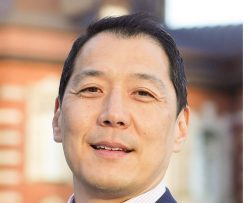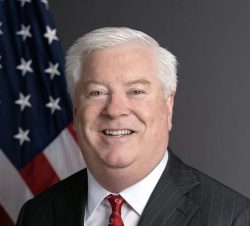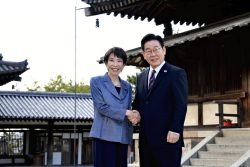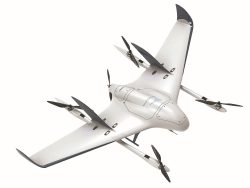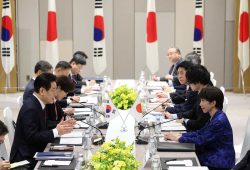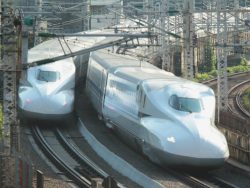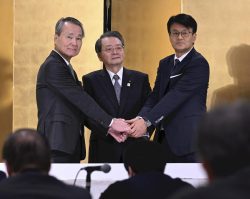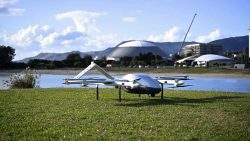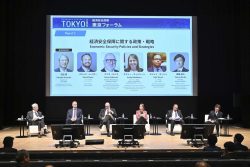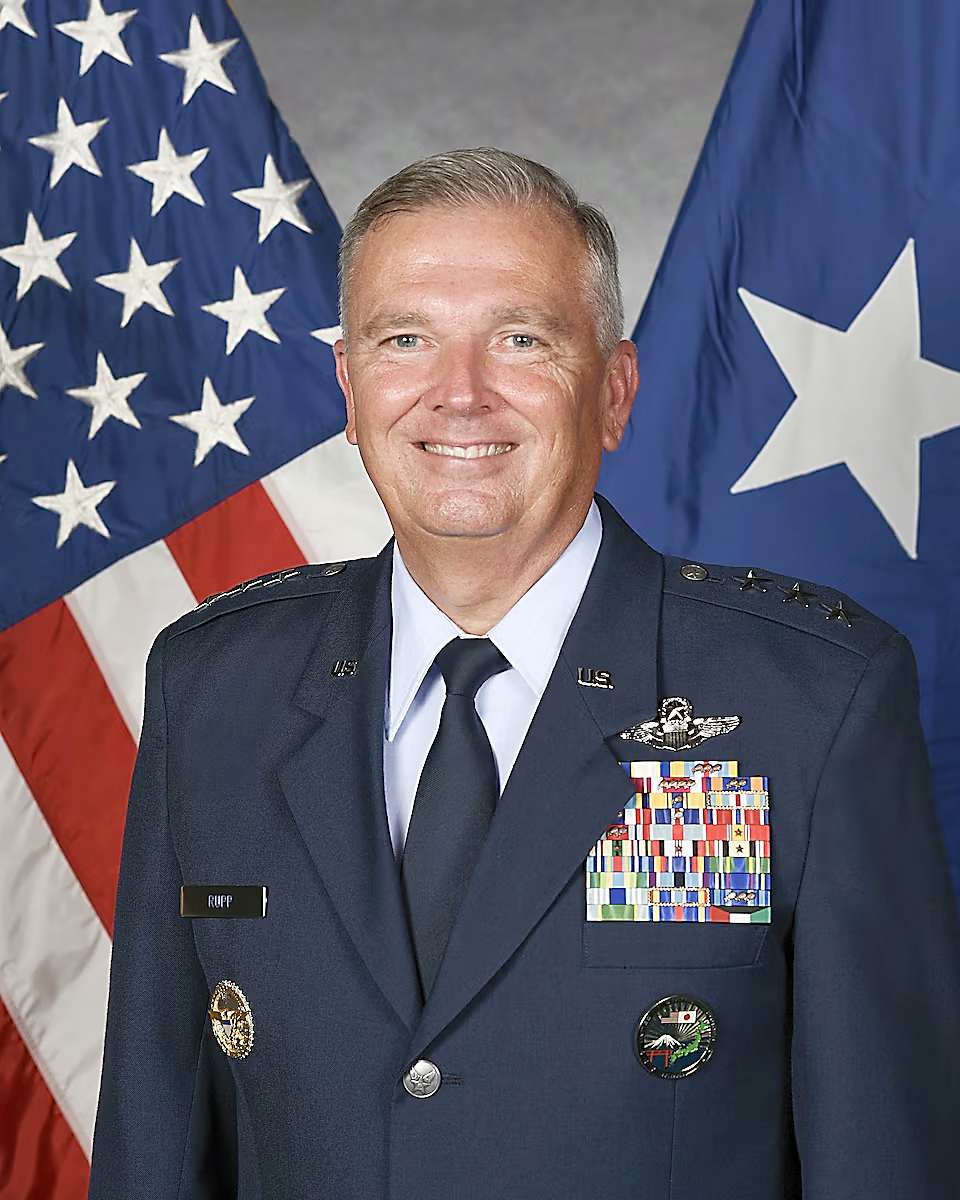
11:37 JST, October 7, 2024
After three years in command, I am convinced the U.S.-Japan Alliance has never been more capable and powerful in countering potential threats on our horizon. Russia, North Korea and the Chinese Communist Party’s provocative and coercive actions aim to sow public doubts about America’s resolve and commitment to allies and partners in the region. The conduct of these nations demonstrates a disregard for international cooperation as embodied by a shared vision of a Free and Open Indo-Pacific.
As we undertake the most consequential evolution of our alliance since its founding, we are committed to countering attempts by bad actors aiming to dismantle the international rules-based order that has kept the peace in the Indo-Pacific for more than 70 years.
Together we are moving swiftly to counter the growing threat from potential regional adversaries. High-level bilateral engagements by our most senior policy and military leaders have led to agreements to significantly advance and modernize command and control structures. We will reconstitute U.S. Forces Japan as an operational joint force headquarters, granting USFJ the authorities to better cooperate with our Japan Self Defense Forces partners and coordinate with the new Japan Joint Operations Command. These actions will further cement our allied forces in deterring unsafe and unlawful behaviors.
Although the new force structure is a historic undertaking, we have also steadily advanced U.S.-Japan interests over the past three years through crucial bilateral and multilateral commitments and training.
We now regularly process, analyze, and share intelligence data from U.S. unmanned aerial vehicles and Japanese Coast Guard patrols in multilateral forums. We have strengthened and expanded exercises such as Keen Edge and Keen Sword, enhancing our security through rigorous and realistic training scenarios. We have worked together to further our space-based capabilities and established key structures to further cooperate in the space domain. Critically, our two nations continue to work closely to prepare for potential humanitarian assistance and disaster relief operations.
Ultimately, these actions underpin the shared commitments that have sustained peace in the Indo-Pacific for decades. The security consciousness of the Japanese people grows every day and is driven by contemptible and dangerous actors, including sanction-breaking munitions procurement by North Korea, unlawful Russian military operations in Ukraine, and repeated territorial encroachment by China’s air and naval forces across the Indo-Pacific region.
Yet I know our alliance can be prepared to defeat any threat, provided we take steps now to deepen our bonds and find new and emerging opportunities to work together. We must redouble our efforts to overcome the challenges on the horizon and focus on resilience. The U.S.-Japan alliance is unshakable, but it doesn’t come easy. It takes grit and determination, and I’m inspired by the resolve I see from U.S. and Japanese troops.
The forces of USFJ and the JSDF stand united to defend Japan at a moment’s notice with a clear-eyed vision of a Free and Open Indo-Pacific for generations to come. While the alliance is strong, we must renew our commitment to do more and move faster to overcome threats and challenges on the horizon.
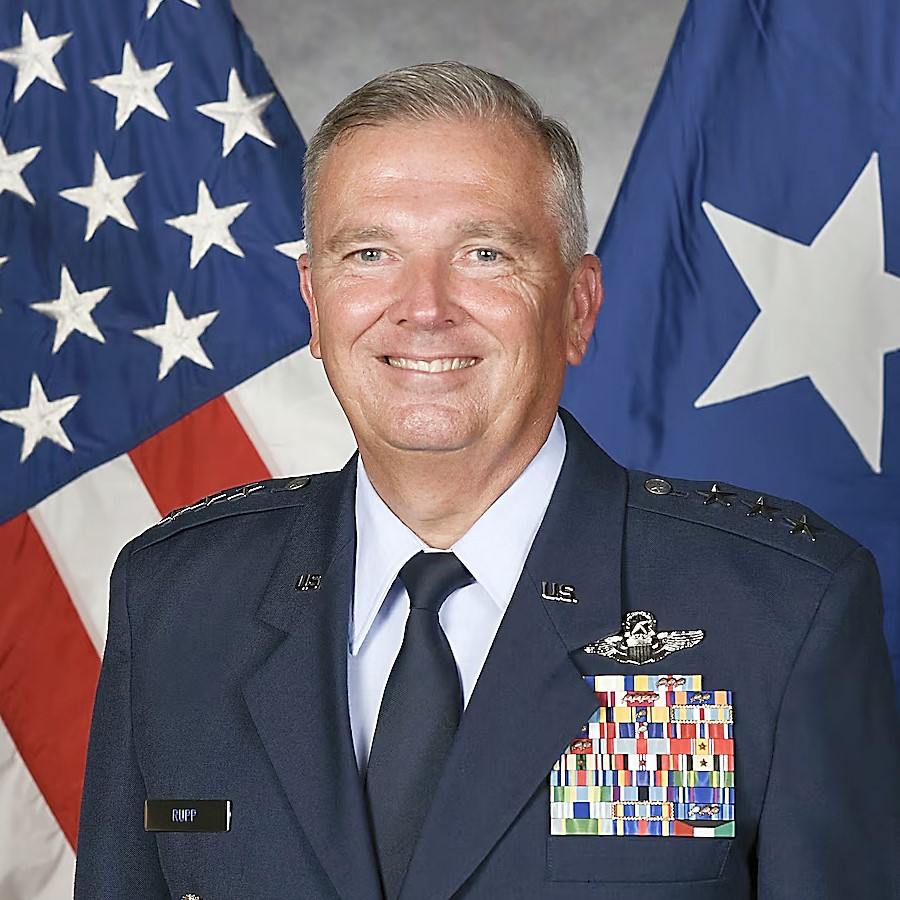
U.S. Lt. Gen. Ricky Rupp
U.S. Lt. Gen. Ricky Rupp is the senior U.S. military representative in Japan as commander of U.S. Forces Japan.
His assignment, which started in 2021, will conclude on Tuesday.
"Editorial & Columns" POPULAR ARTICLE
-
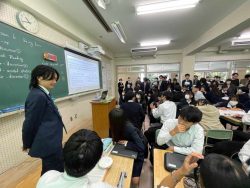
Artificial Intelligence Expands Possibilities for Foreign Language Learners
-

Build Intellectual, Physical Strength, As Well As Communicative Power / Japan Should Move from Beneficiary to Shaper of World Order
-

Global Economy in Turmoil: Prevent Free Trade System from Going Adrift / Risks to Financial Markets Must Be Heeded
-
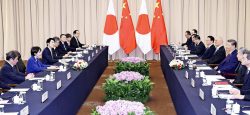
Japan-China Strain Set to Persist as Beijing Officials Self-Interestedly Bash Tokyo; Takaichi Unlikely to Back Down
-

French and German Ambassadors to Japan Call for Democracies to Unite in Defense against Russian Disinformation
JN ACCESS RANKING
-

As Chinese Tourists Shun Japan, Hotels and Stores Suffer
-

BOJ Gov. Ueda: Highly Likely Mechanism for Rising Wages, Prices Will Be Maintained
-

Core Inflation in Tokyo Slows in December but Stays above BOJ Target
-

Osaka-Kansai Expo’s Economic Impact Estimated at ¥3.6 Trillion, Takes Actual Visitor Numbers into Account
-

Japan Govt Adopts Measures to Curb Mega Solar Power Plant Projects Amid Environmental Concerns



